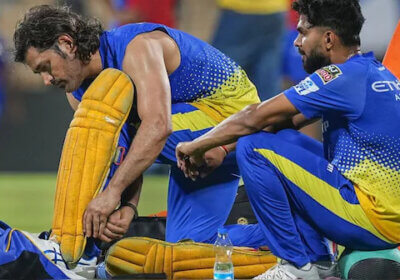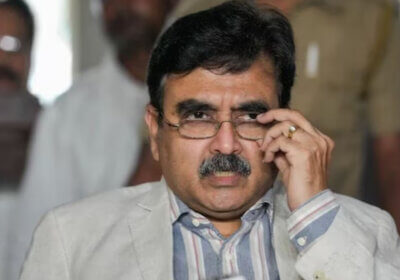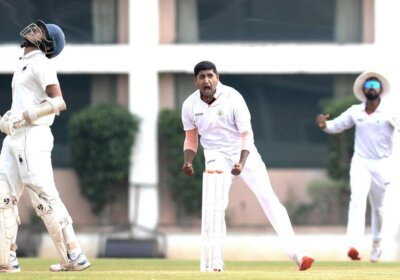Yevgeny Prigozhin, leader of the Wagner Group, declared war on Russia after the Russian army attacked his forces. The group held control of military facilities in Rostov-on-Don before Prigozhin caved after talks with Belarus’ president. The Wagner Group is now escaping to Belarus to avoid consequences. The war between Russia and the Wagner Group has been ongoing since the beginning of the conflict. The Russian president, Vladimir Putin, has the authority to settle Conflicts between his subordinates, which could backfire during a Conflict.
Also Read | Russia Coup – Key Highlights
A military coup occurs in Russia; what does it mean for Putin and the conflict in Ukraine?
Although it is still unclear how the brief insurrection will affect the war, it may still be a turning point.
Russia Military Coup Attempt: Here Is What Happened
The Wagner Group’s leader, Yevgeny Prigozhin, declared war on Russia after alleging that the Russian army attacked his forces on purpose. When Prigozhin demanded fairness, it manifested as an armed uprising.
Prighozin and his fighters held control of military facilities in Rostov-on-Don
The Wagner Group reportedly held control of critical military facilities in Rostov-on-Don, the administrative center of Russia’s southern military district, before Prigozhin reportedly caved after talks with the president of Belarus.
The Wagner Group is now escaping to Belarus
According to reports, Prighozin and his fighters are now escaping to Belarus to avoid consequences. Open combat between the Russian military and the Wagner Group is nothing new. Since the start of the Russia-Ukraine war, the two sides have engaged in several hostile actions and defamatory remarks.
Supplying a credible defense
As soon as the war in Ukraine began, the connections between the Wagner Group and the Russian army dissolved. The Wagner Group promoted unofficially Russian state interests before the war.
The Wagner Group gave the Russian government credible denial in situations where it had a stake but desired to restrict its direct participation, such as in Sudan and Syria. For instance, in 2014, Russia annexed Crimea with the aid of the Wagner Group.
Supporting Russia in Ukraine
Military-wise, Russia’s Wagner Group deployment assisted in stabilizing its operations in Ukraine.
In contrast to the Russian army in 2022, the Wagner Group was a well-trained force. In reality, soldiers from the Wagner Group were head of many of Russia’s early victories, including the clash of Sievierodonetsk.
While the Wagner Group and the Russian army had to share a domain of influence because of a pressing need, this is not unusual for Russia.
Impact of Vladimir Putin
The Russian president has the authority to settle conflicts between his subordinates, which restricts their capacity to establish power bases and increases their significance in the political system. It works well in times of peace but could backfire during a conflict.
Before Russia invaded Ukraine, Putin’s lieutenants provided conflicting information about the Russian and Ukrainian military, which resulted in nominal cooperation between the Russian army and paramilitary forces. Russia’s unhappiness with this paramilitary group is a serious issue.
Putin’s escape route
Ramzan Kadyrov, the head of the Chechen nation and commander of a 12,000-strong paramilitary force, has previously spoken of friction between his troops and the Russian army.
It’s significant to note that although Putin appeared to criticize the Wagner Group in his speech to the nation as Prigozhin’s uprising was in progress, he omitted to name its leader. This omission was undoubtedly intentional because it gave Putin more options depending on the outcome of Prigozhin’s uprising, whether it was successful or not.
It’s still possible that the brief uprising will mark a turning point in the war in Ukraine, but it’s unclear how.























Leave a Reply